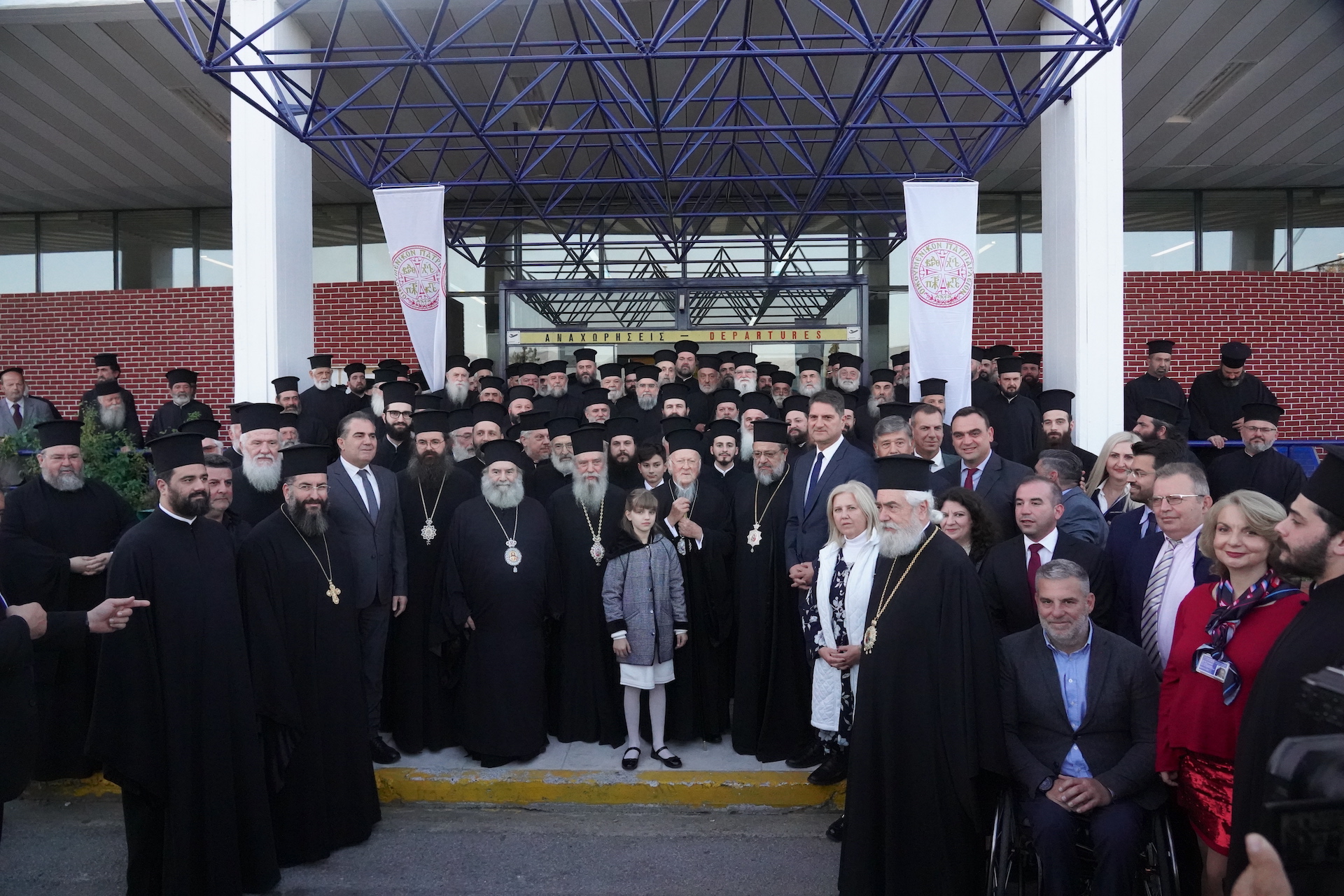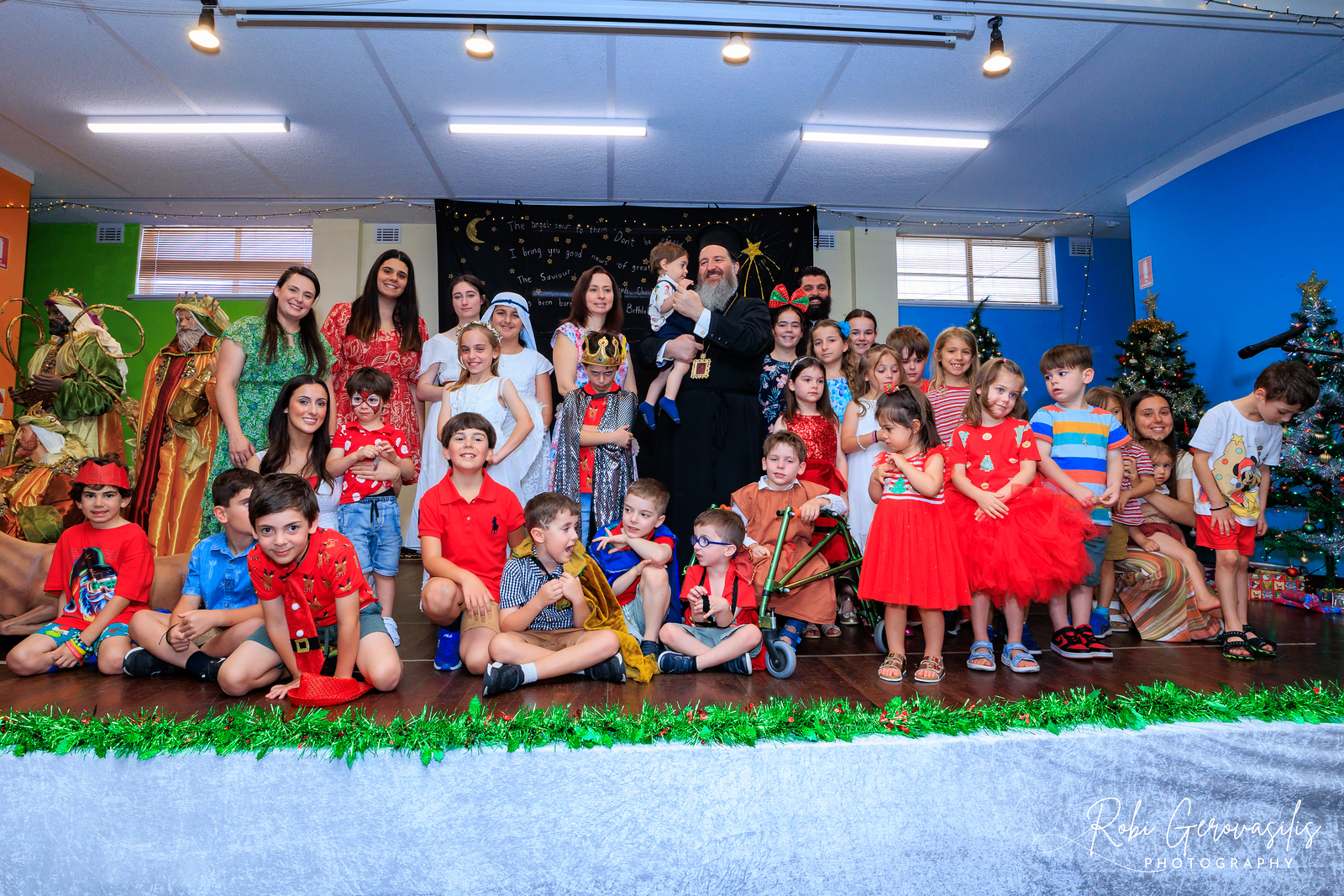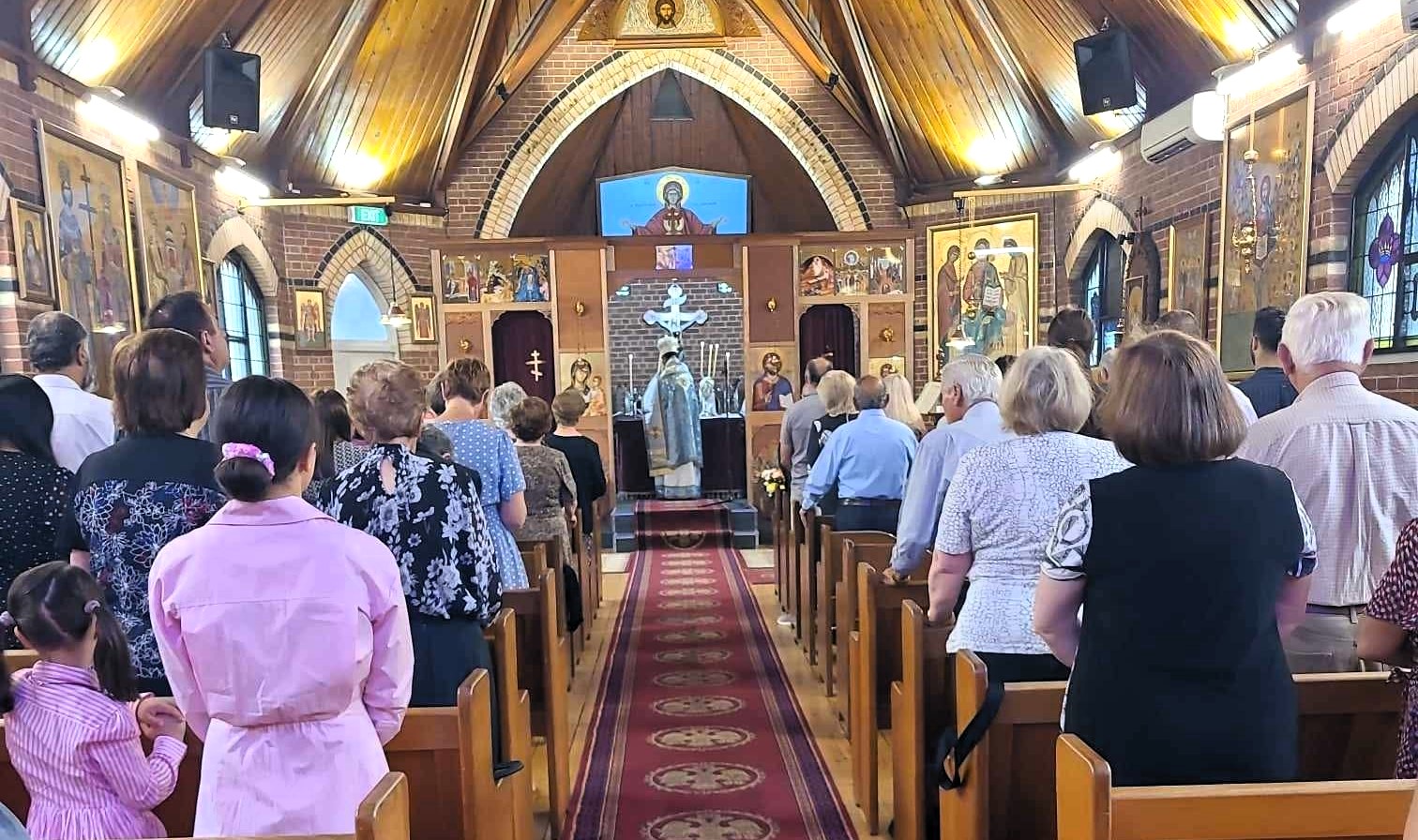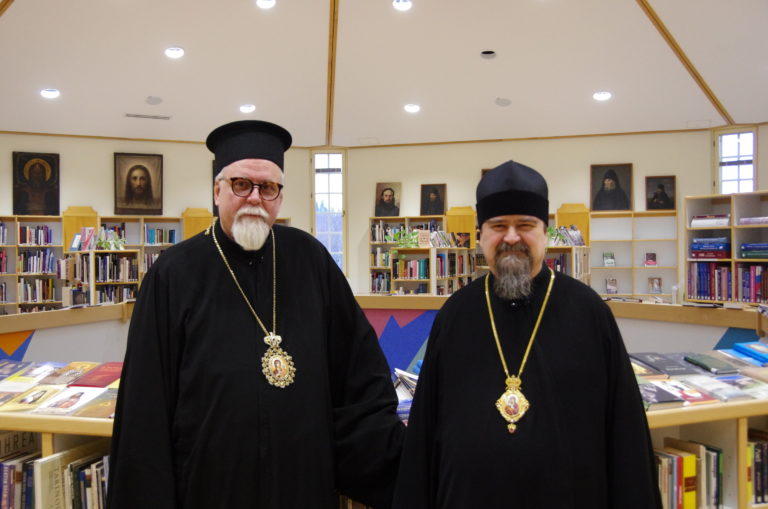Holy, Glorious Apostle Thomas (6 October)
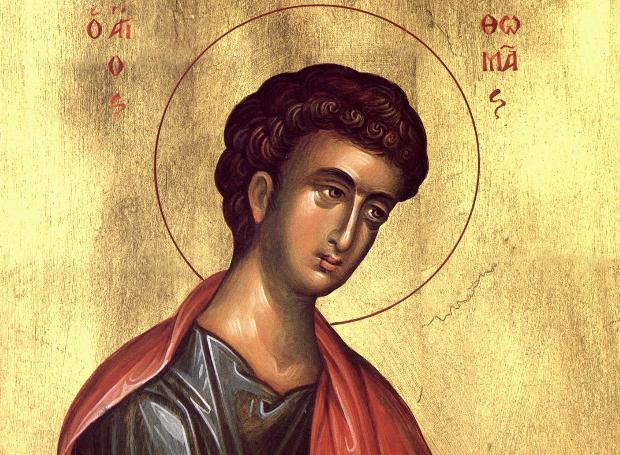

The Holy and Glorious Apostle Thomas was born in the Galilean city of Pansada and was a fisherman. Hearing the good tidings of Jesus Christ, he left all and followed after Him. The Apostle Thomas is included in the number of the holy Twelve Apostles of the Savior.
According to Holy Scripture, the holy Apostle Thomas did not believe the reports of the other disciples about the Resurrection of Jesus Christ: “Unless I see in His hands the print of the nails, and put my finger into the print of the nails, and thrust my hand into His side, I will not believe” (John 20:25).
On the eighth day after the Resurrection, the Lord appeared to the Apostle Thomas and showed him His wounds. “My Lord and my God,” the Apostle cried out (John 20:28). “Thomas, being once weaker in faith than the other apostles,” says Saint John Chrysostom, “toiled through the grace of God more bravely, more zealously and tirelessly than them all, so that he went preaching over nearly all the earth, not fearing to proclaim the Word of God to savage nations.”
Some icons depicting this event are inscribed “The Doubting Thomas.” This is incorrect. In Greek, the inscription reads, “The Touching of Thomas.” In Slavonic, it says, “The Belief of Thomas.” When Saint Thomas touched the Life-giving side of the Lord, he no longer had any doubts.
According to Church Tradition, the holy Apostle Thomas founded Christian churches in Palestine, Mesopotamia, Parthia, Ethiopia and India. Preaching the Gospel earned him a martyr’s death. For having converted the wife and son of the prefect of the Indian city of Meliapur [Melipur], the holy apostle was locked up in prison, suffered torture, and finally, pierced with five spears, he departed to the Lord. Part of the relics of the holy Apostle Thomas are in India, in Hungary and on Mt. Athos. The name of the Apostle Thomas is associated with the Arabian (or Arapet) Icon of the Mother of God (September 6).
The name Thomas means, “twin.” He was one of the Twelve, a Galilean by birth. Sophroneus (not the famous Patriarch of Jerusalem [7th Century, celebrated March 11], but a friend of Jerome’s), quoted also by Jerome, says that Saint Thomas preached to the Parthians, Pesians, Medes, Hyrcanians, Bactrians, and neighbouring nations. According to Heracleon, the Apostle died a natural death; according to other accounts, he was martyred at Meliapur His tomb was known by Saint John Chrysostom to be at Edessa in Syria, to which city his holy relics may have been translated from India in the fourth century.
Thomas was one of the Twelve Apostles. Through his doubt in the Resurrection of Christ the Lord, a new proof was given of that wonderful and saving event. The resurrected Lord appeared to His disciples a second time, in order to convince Thomas. The Lord said to Thomas: Reach hither thy finger, and behold My hands; and reach hither thy hand, and thrust it into My side: and be not faithless, but believing. And Thomas replied: My Lord and my God (John 20:27-28). After the descent of the Holy Spirit, when the apostles cast lots to see where they would each go to preach, the lot fell to Thomas to go to India.
He was a little saddened that he had to go so far away, but the Lord appeared to him and encouraged him. In India, St. Thomas converted many, both aristocrats and poor, to the Christian Faith, and established the Church there, appointing priests and bishops. Among others, Thomas converted two sisters to the Faith–Tertiana and Migdonia–both wives of Indian princes. Because of their faith, both sisters were ill-treated by their husbands, with whom they no longer wanted to live after their baptism. Eventually, they were allowed to go. Being freed of marriage, they lived God-pleasing lives until their repose.
Dionysius and Pelagia were betrothed, but when they heard the apostolic preaching they did not marry, but devoted themselves to the ascetic life. Pelagia ended her life as a martyr for the Faith, and Dionysius was ordained a bishop by the apostle. Prince Mazdai, Tertiana’s husband, whose son, Azan, was also baptized by Thomas, condemned the apostle to death. Mazdai sent five soldiers to kill Thomas. They ran him through with their five spears, and thus the Holy Apostle Thomas rendered his soul into the hands of Christ.
Before his death, he and the other apostles were miraculously brought to Jerusalem for the burial of the Most-holy Theotokos. Arriving too late, he wept bitterly, and the tomb of the Holy Most-pure One was opened at his request. The Theotokos’ body was not found in the tomb: the Lord had taken His Mother to His heavenly habitation. Thus, in his tardiness St. Thomas revealed to us the wondrous glorification of the Mother of God, just as he had once confirmed faith in the Resurrection of the Lord by his unbelief.
Apolytikion of Apostle Thomas
Third Tone
O Holy Apostle Thomas, intercede to our merciful God, that He may grant our souls forgiveness of sins.
Kontakion of Apostle Thomas
Fourth Tone
Christ’s Apostle, who was filled with God’s divine grace, he who was His genuine and faithful servant in all truth, all-lauded Thomas exclaimed aloud in deep repentance: Thou art both my God and Lord.
Source: oca.org / goarch.org/ westserbdio.org

